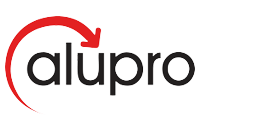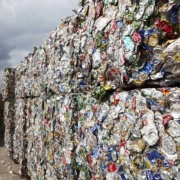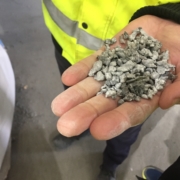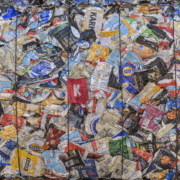Change essential if Scottish DRS is to be a success
Earlier this week (16 March), the Cabinet Secretary for the Environment, Climate Change and Land Reform laid regulations in the Scottish Parliament that will create the legal framework for the Scottish Government’s Deposit Return Scheme (DRS).
The Regulations will now lie before the Scottish Parliament for fifty-four days to allow a further period of scrutiny. There will then be a vote in the Scottish Parliament, after which the scheme will become law. In response to the announcement, Rick Hindley, executive director at Alupro, offers his views:
“For some considerable time, the Scottish Government has been considering plans for the introduction of a national DRS. Aiming to tackle plastic pollution, increase recycling rates, improve recyclate quality and minimise litter, proposals have gained strong support from NGOs and the media.
“However, despite such promise, I was deeply disappointed to read the final scope of the regulations. While sense has prevailed and the commencement date has been pushed back to July 2022, there are still a number of concerning points.
“Firstly, despite widespread opposition, the regulation opts for a flat deposit rate of 20p on all sizes of container. This is double the level typically used in the highly successful Scandinavian programmes and will lead to unintended consequences – specifically on the sales of multipack cans.
“As an example, the cost of 24 cans in a multipack will increase by £4.80, with the same volume in large plastic bottles rising by just 80p in comparison. Research suggests that two thirds of consumers would be likely to switch their purchasing behaviour to the cheaper option, resulting in the unnecessary production of 823 million more plastic bottles (8.2m in Scotland).
“In order to avoid distorting the market, we believe the deposit rate should vary according to the size of the container to avoid favouring one material over another. It’s an approach that works in many Scandinavian countries which are being cited as best practice examples to follow.
“Finally, we are concerned about the timing of the planned assessment of performance against targets. It will become apparent very quickly if the scheme is working, or if changes are needed. Waiting three years for a review could prove hugely (and unnecessarily) damaging to the packaging industry.
“There is much to consider if the Scottish DRS is to be a success. The last thing we’d want is a situation similar to that in Germany, where a poorly designed system caused can sales to plummet by 96% almost overnight.
“As such, we believe changes to the regulations are essential and we implore the Scottish Parliament to think carefully during this fifty-four day period of further scrutiny about the industry’s widespread concerns.”
ENDS








